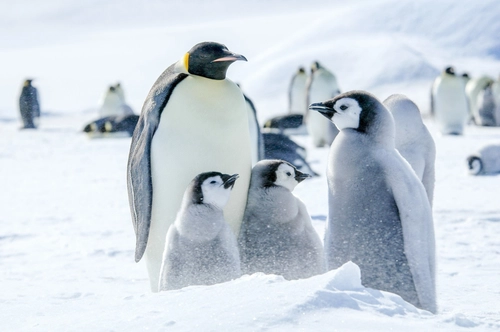The Weddell Sea is one of the most fascinating and remote regions on Earth. Extending far to the south, it's directly influenced by the very cold Antarctic Continental Climate. Picture this: the continental borders of the Weddell Sea are formed by huge floating sheets of ice. These ice shelves produce the massive tabular icebergs that are so plentiful in this area. Scientists have even declared the waters of the Weddell Sea to be the clearest of any sea on the planet. Imagine water so clear that it's comparable to distilled water. It's like looking through a window into another world.
But the Weddell Sea isn't just about ice and water clarity. It's also a hotspot for wildlife. A large number of Orcas, Humpback, and Minke Whales call this place home, as do Leopard, Weddell, and Crabeater Seals. And let's not forget the penguins! The area is home to a large number of these charming birds, particularly the Adelie Penguins. On Paulet Island, there's a colony of more than 100,000 breeding pairs of Adelie Penguins. That's a lot of penguins! Recently, researchers even discovered a colony of Emperor Penguins nearby on Snowhill Island. It's like a real-life penguin parade down there.
Now, let's take a little trip back in time. The Weddell Sea was discovered by the British sealer James Weddell in 1823. Imagine being one of the first humans to lay eyes on this icy wonderland. James Weddell must have been in awe of the vast, pristine landscape before him. He probably had no idea that nearly 200 years later, the Weddell Sea would still be one of the most intriguing and least explored parts of our planet.
Why is the Weddell Sea so special? Well, for starters, it's one of the last great wildernesses left on Earth. Its remote location means it's relatively untouched by human activity, making it a haven for wildlife and a goldmine for scientists studying everything from marine biology to climate change. The clarity of the water allows researchers to observe marine life in unparalleled detail. It's like having a giant aquarium where the glass is so clean you can see every detail of the creatures inside.
The challenges of exploring the Weddell Sea are not to be underestimated. The extreme cold, the thick ice, and the remote location make it one of the most challenging places to explore. But these challenges also make it incredibly rewarding. Every expedition to the Weddell Sea brings back new discoveries, whether it's a previously unknown species, new insights into how marine ecosystems function in extreme conditions, or data that helps us understand how climate change is impacting our planet.
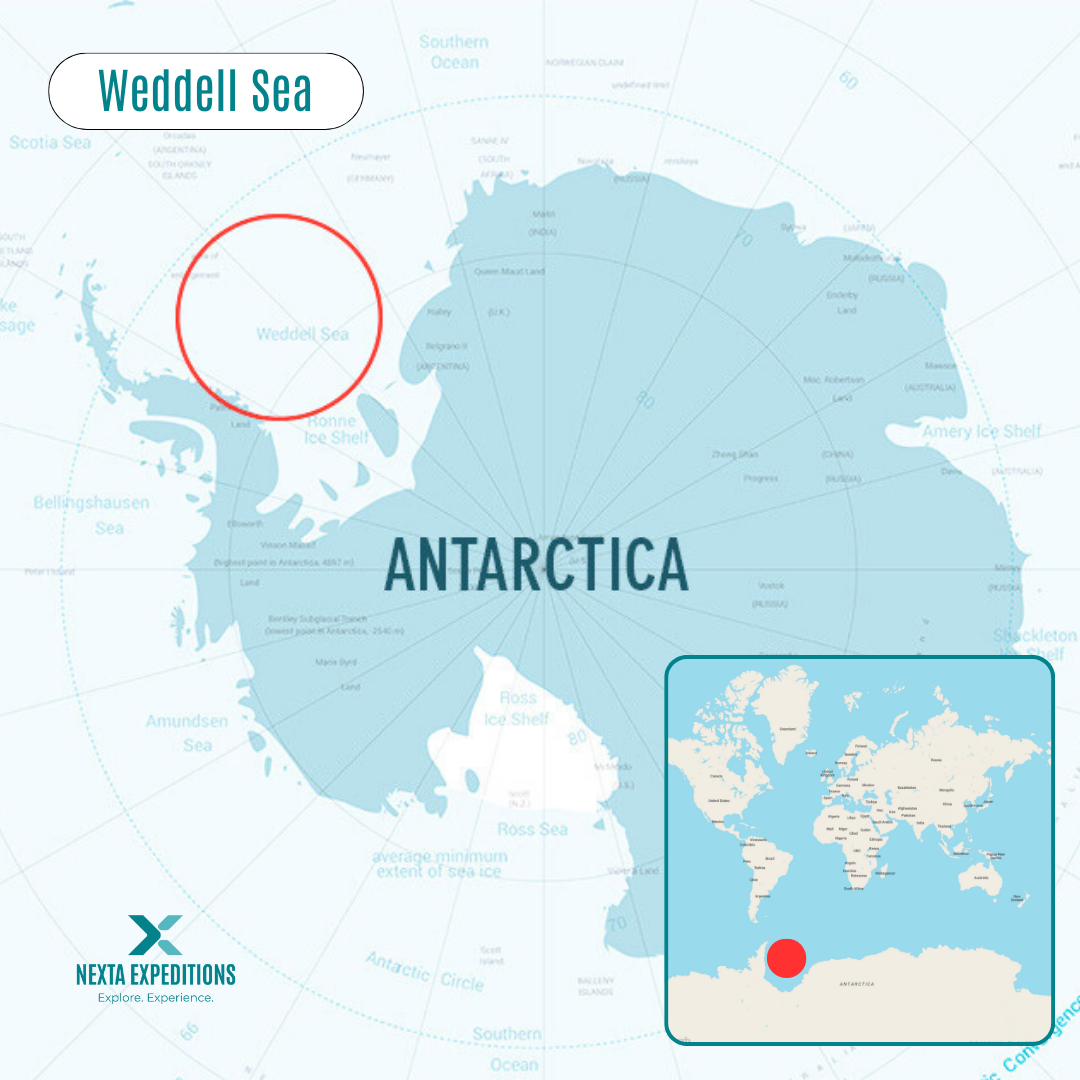
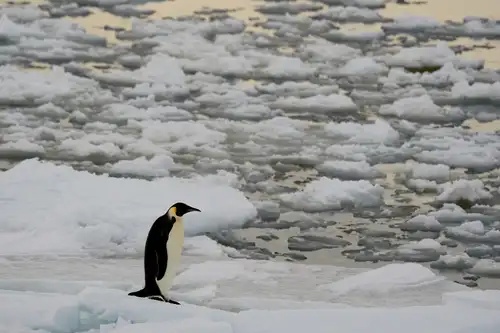
The Ways and Wildlife of the Weddell Sea
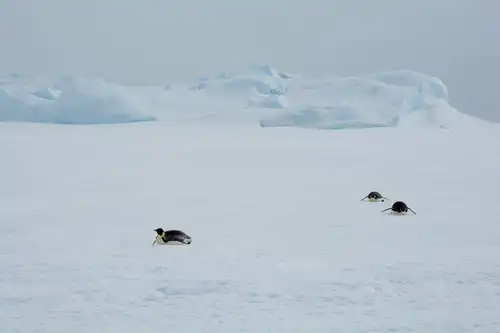
Encounter with the emperor penguin in Antarctica
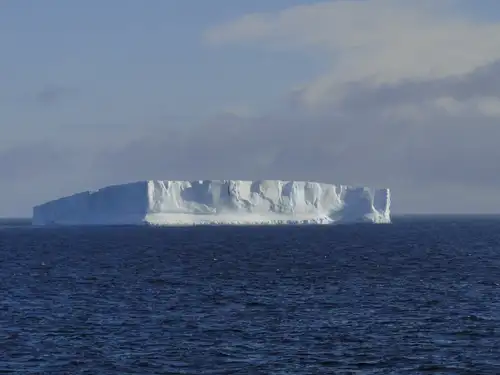
Weddell Sea: the Original Antarctic Adventure
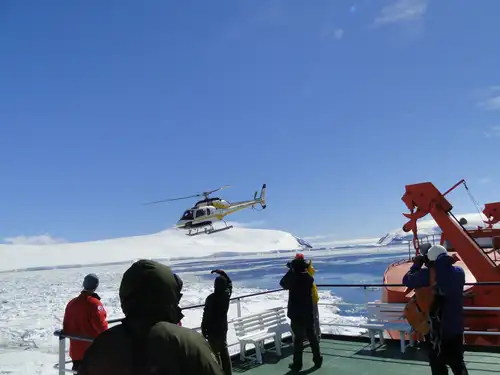



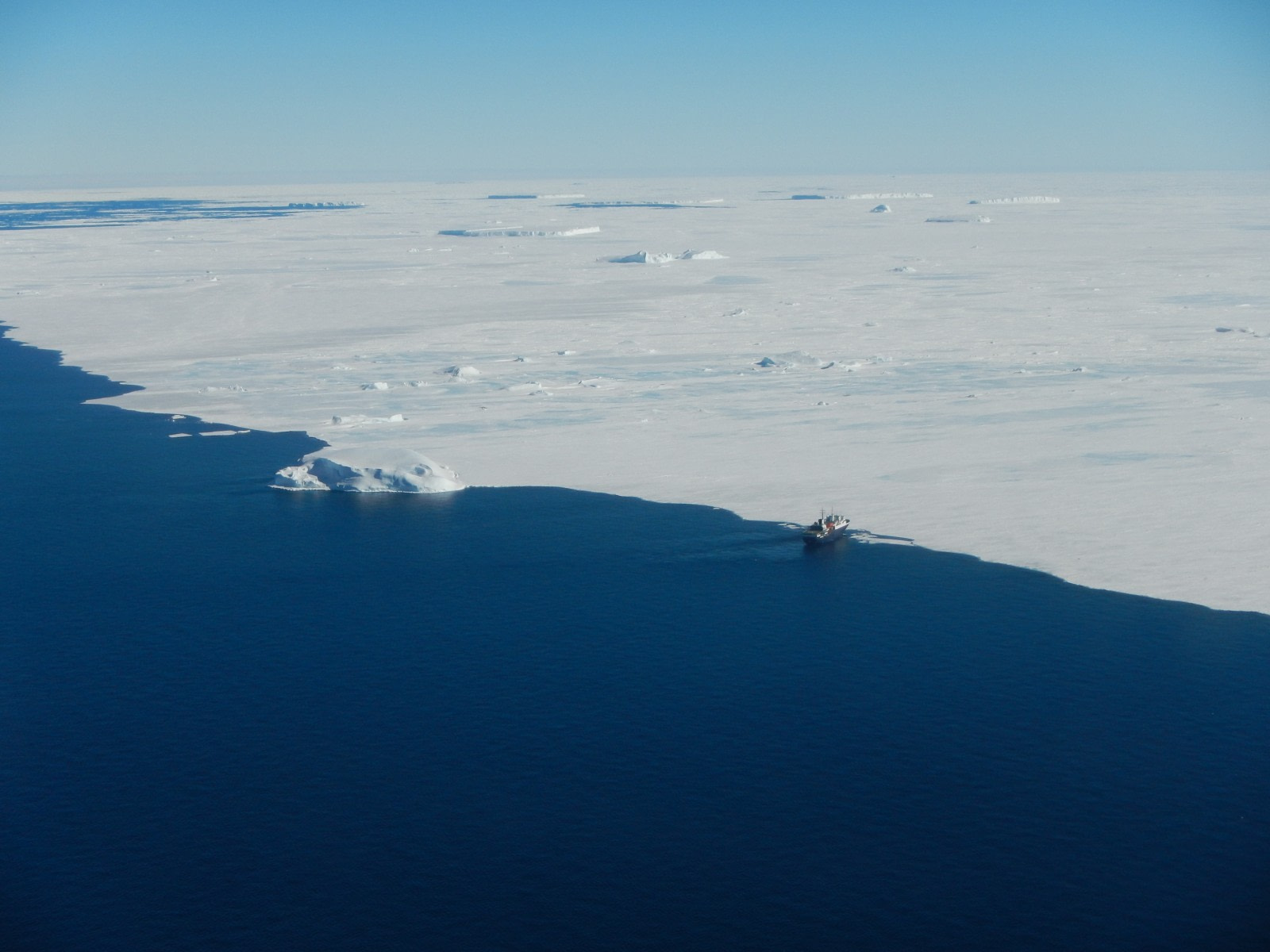

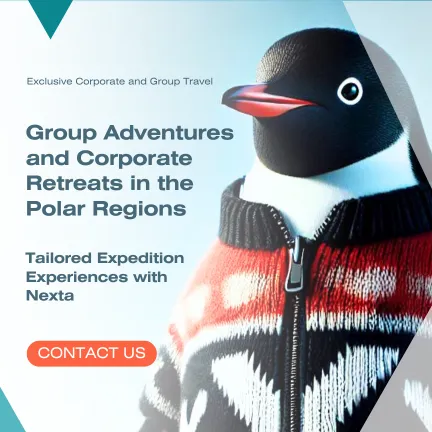

 28 Days / 27 Nights
28 Days / 27 Nights


